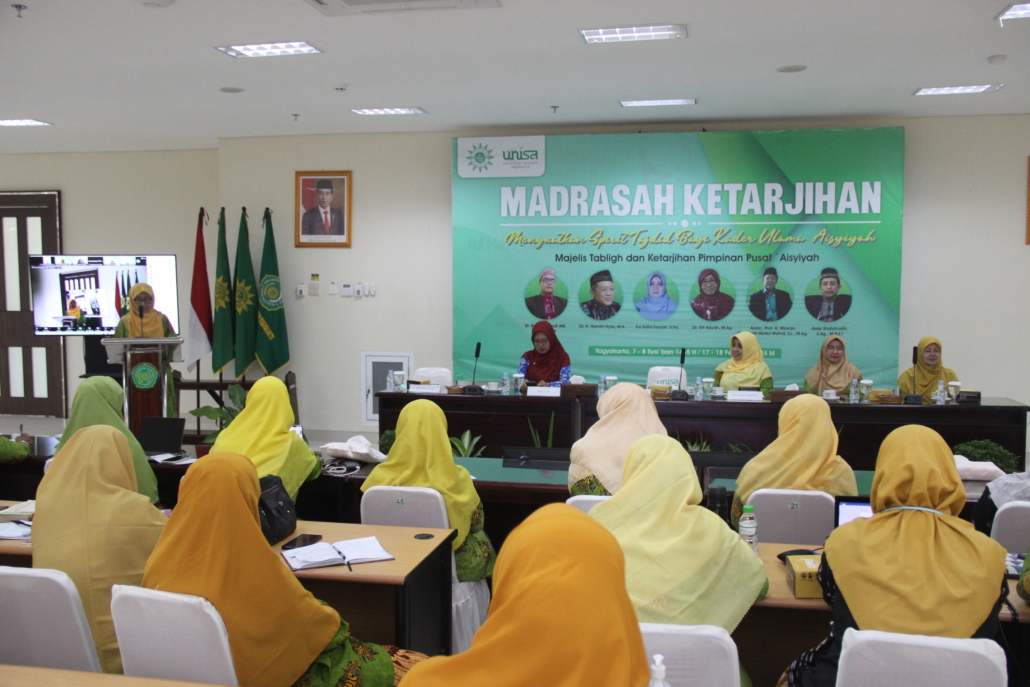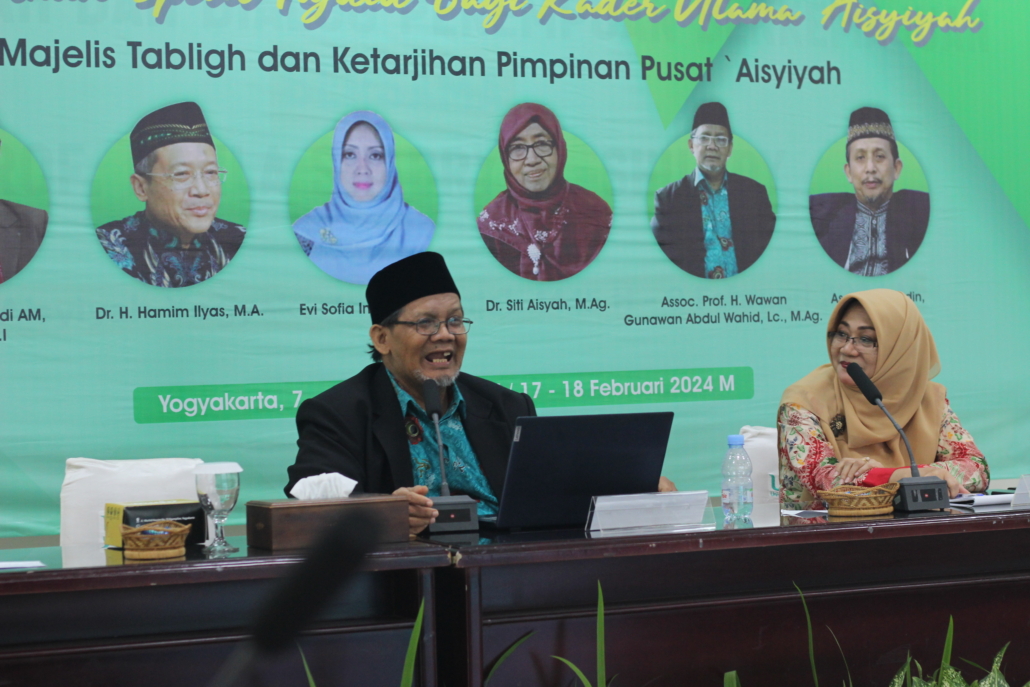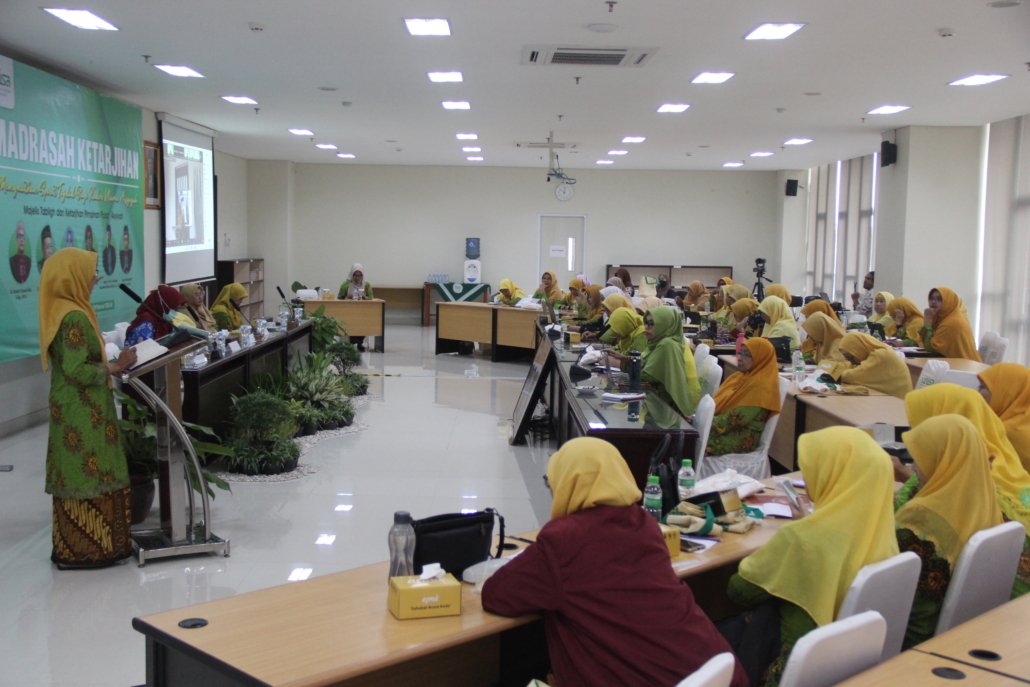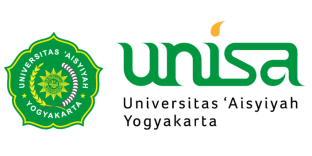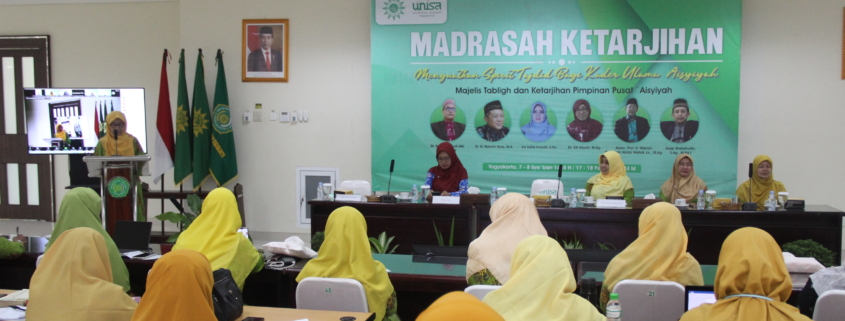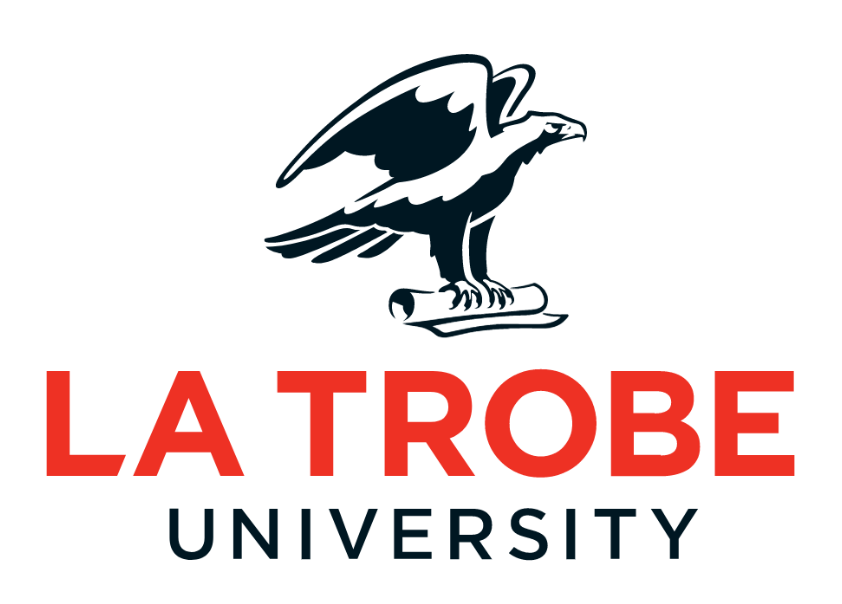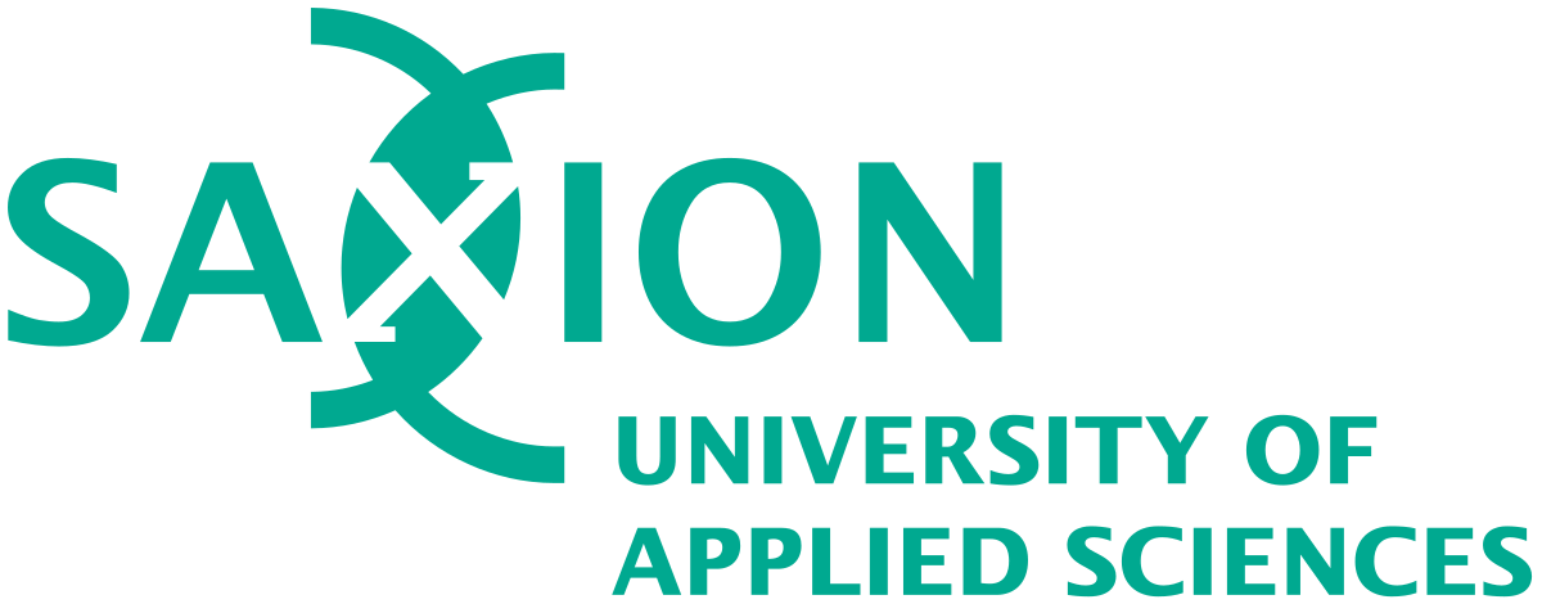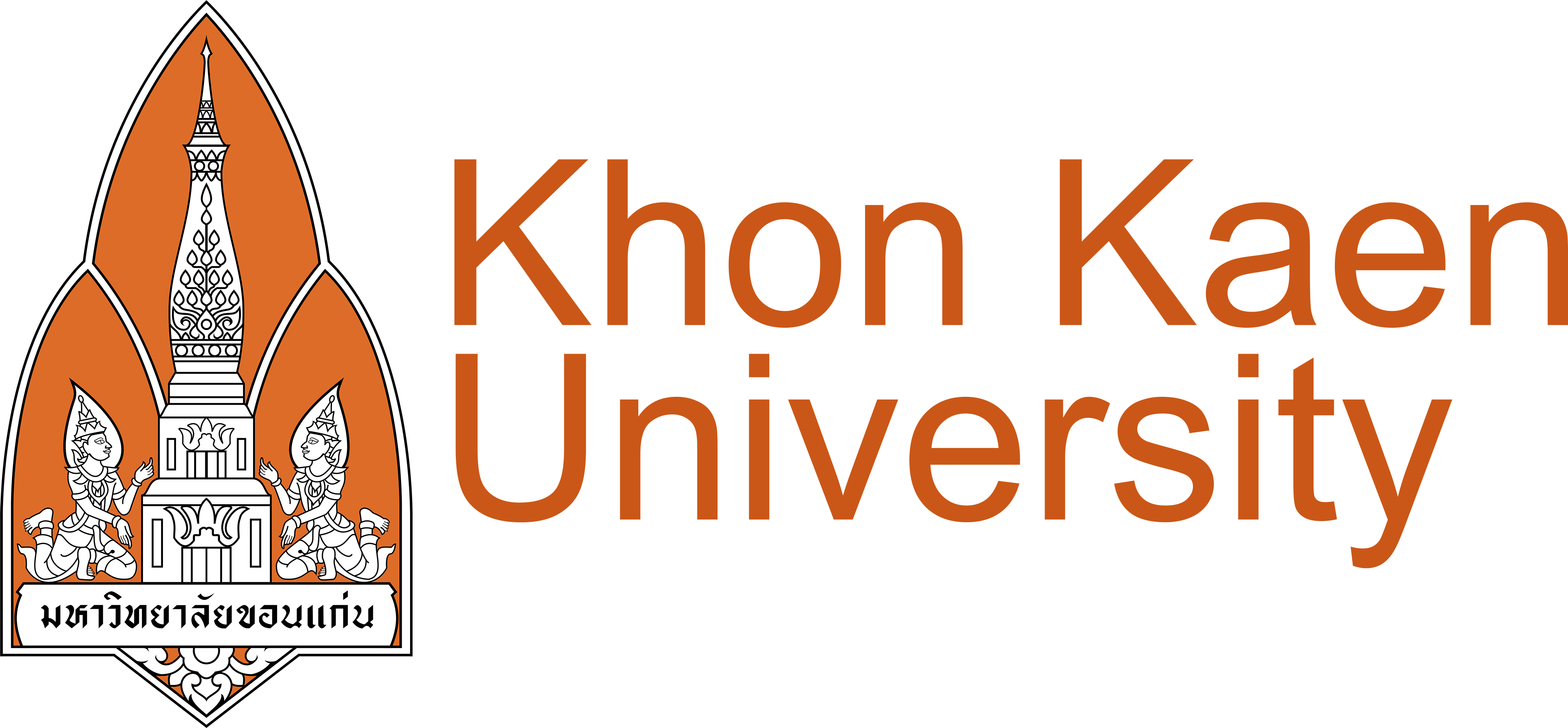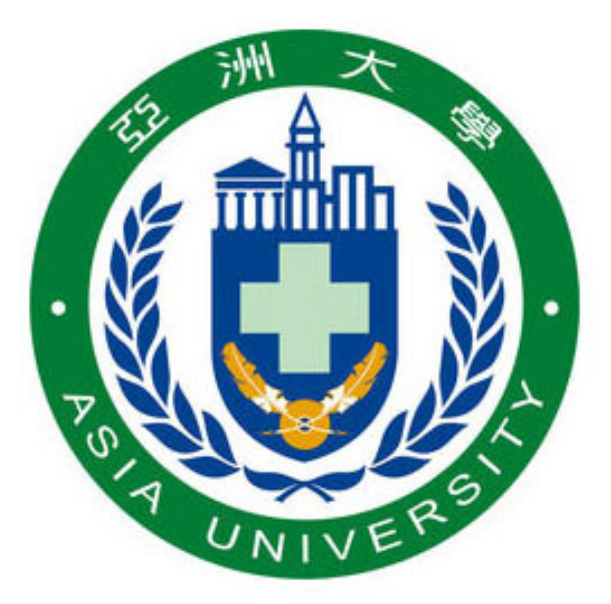MTK PP `Aisyiyah Holds Madrasah Ketarjihan at UNISA Yogyakarta
Universitas `Aisyiyah (UNISA) Yogyakarta was trusted by the Tabligh and Ketarjihan Council (MTK) of theCentral Leadership of`Aisyiyah to organize a hybrid Madrasah Ketarjihan. The activity took place over two days, from February 17 to 18, 2024, in the courtroom of Siti Moendjijah building, UNISA Yogyakarta.
The Tabligh and Ketarjihan Assembly (MTK) of the Central Leadership of `Aisyiyah organized this Madrasah Ketarjihan with the aim of providing a broad and in-depth insight into ketarjihan and its implementation in various Tarjih products to ‘Aisyiyah Ulama cadres, especially members of the Ketarjihan Study Division of the Tabligh and Ketarjihan Assembly at the regional level. This activity is also one of the efforts to overcome the problem of the Tarjih Ulama cadre crisis among ‘Aisyiyah.
Dr. Warsiti, S.Kp., M.Kep., Sp.Mat as Rector of UNISA Yogyakarta welcomed and thanked UNISA Yogyakarta for the opportunity to host this Madrasah Ketarjihan activity.
“This activity is very important considering the issues related to religion and nationality in our society today. With the Madrasah Ketarjihan activity, it is hoped that a broader understanding of Islam with a progressive view of Islam will be created,” said Warsiti.
Evi Sofia Inayati, S.Psi, Chairperson of the Tabligh and Ketarjihan Assembly stated that UNISA as a charity is the pride and flagship of `Aisyiyah.
“From UNISA, thinkers, scientists, and even scholars will be born. This two-day activity is expected to build and increase the spirit of tajdid of ‘Aisyiyah scholars,” said Evi.
Madrasah Ketarjihan was attended by dozens of participants from various regions, who enthusiastically participated in various discussion and learning sessions held for two full days, by inviting 5 credible speakers in the field of ketarjihan. It is expected to provide an understanding of the meaning and perspective of Manhaj Tarjih, the source of Islamic teachings from the Tarjih perspective, takhrij hadith, approaches (bayani, burhani, and irfani).
